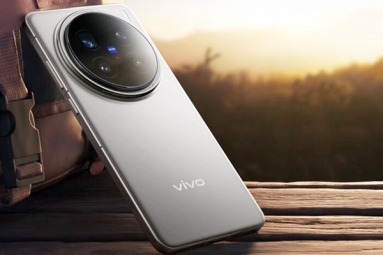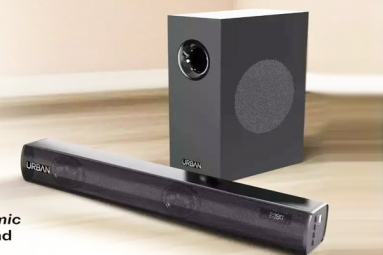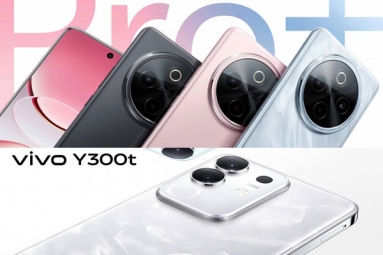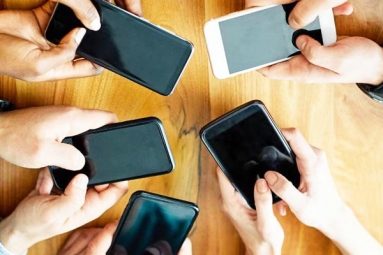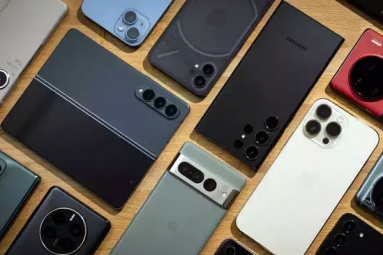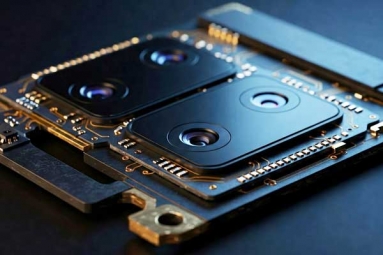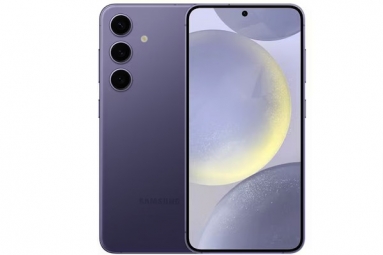This Is How Your Smartphone Movements Predict Your Personality
July 30, 2019 18:25
Now your smartphone can predict your personality. Yes, you read it right! A recent study says that smartphone accelerometers, the same tiny sensors that track phone movement for step-counting and other applications, can be used to accurately predict people's personalities.
According to a study by researchers published in the Journal Computer says that physical activity is proven to have a strong correlation with human personality.
The researchers at the RMIT University in Australia said so after analyzing physical activity features from different aspects like diversity, dispersion, and regularity.
The results were analyzed in accordance with the Big Five personality traits, which are: openness, extraversion, conscientiousness, agreeableness, and neuroticism.
"Activity like how quickly or how far we walk, or when we pick up our phones up during the night, often follows patterns and these patterns say a lot about our personality type," said Flora Salim, Associate Professor at the RMIT University.
As per observations made by researchers, people who have consistent movements on weekday evenings were generally more introverted, while extroverts displayed more random patterns, perhaps meeting up with different people and taking up unplanned options.
Agreeable people had more random activity patterns and were busier on weekends and weekday evenings than others.
Affable and compassionate females made more outgoing calls than anyone else. Conscientious, organized people didn't tend to contact the same person often in a short space of time.
Sensitive or neurotic females often checked their phones or moved with their phones regularly well into the night, past midnight. Subtle or neurotic males did the contrary.
More creative and curious people were inclined to make and receive a handful of phone calls when compared to others.
"There are applications for this technology in social media with friend recommendations, online dating matches, and targeted advertising, but I think the most exciting part is what we can learn about ourselves," said RMIT University Ph.D. student Nan Gao.
"Many of our habits and behaviors are unconscious but, when analyzed, they tell us a lot about who we really are so we can understand ourselves better, resist social pressure to conform and to empathize with others.
"Most importantly, being who we truly are can make our experience of life richer, more exciting and more meaningful," Gao said.
Former studies have predicted personality types using phone call and messaging activity logs, but the latest study published in the journal Computer showed adding accelerometer data improved accuracy.
By Sowmya Sangam






